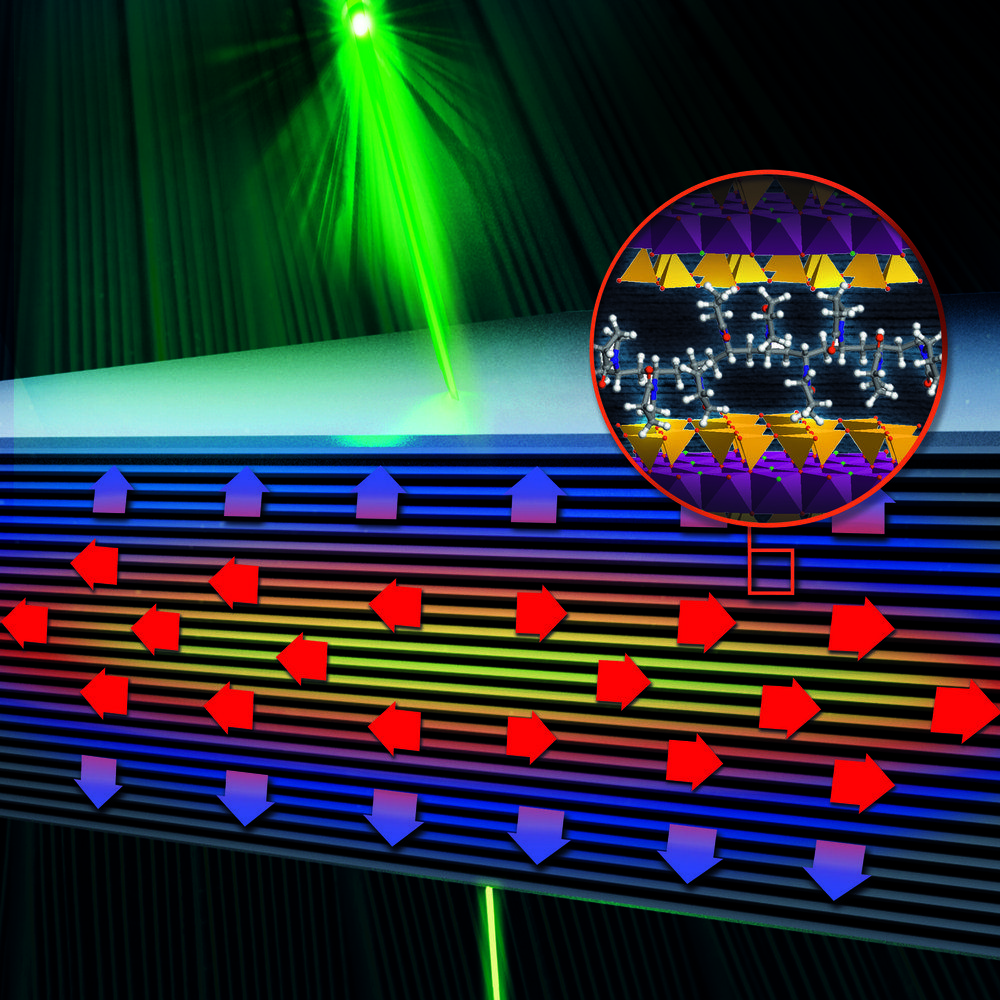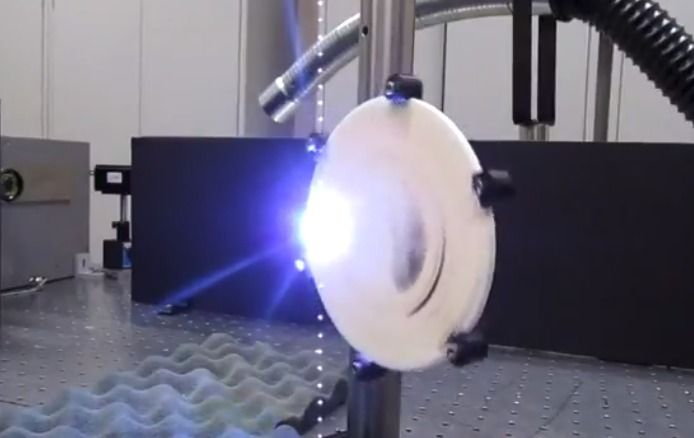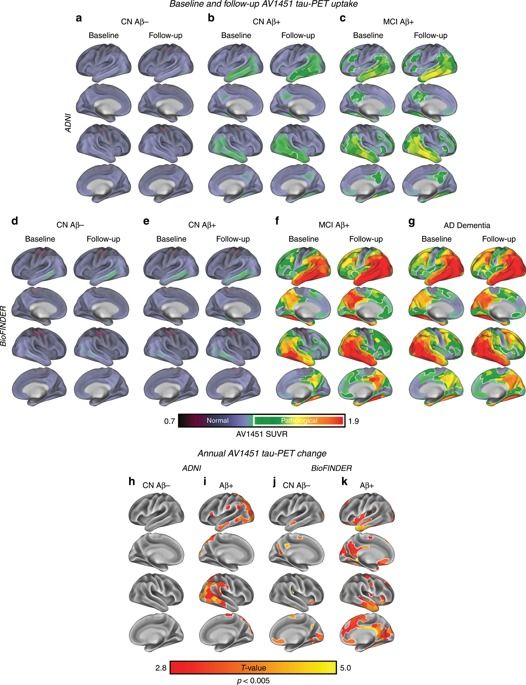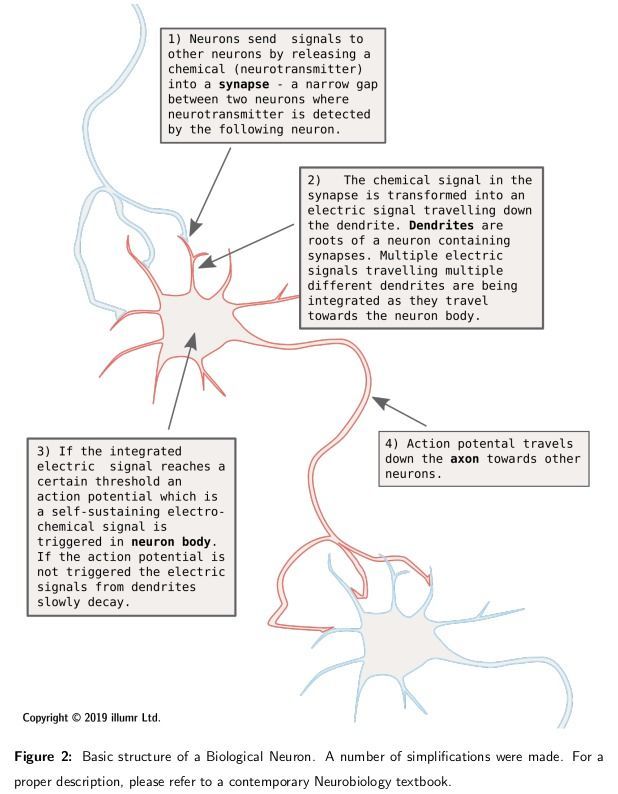Page 8021
Jan 18, 2020
Material developed which is heat-insulating and heat-conducting at the same time
Posted by Genevieve Klien in categories: computing, materials
Styrofoam or copper—both materials have very different properties with regard to their ability to conduct heat. Scientists at the Max Planck Institute for Polymer Research (MPI-P) in Mainz and the University of Bayreuth have now jointly developed and characterized a novel, extremely thin and transparent material that has different thermal conduction properties depending on the direction. While it can conduct heat extremely well in one direction, it shows good thermal insulation in the other direction.
Thermal insulation and thermal conduction play a crucial role in our everyday lives—from computer processors, where it is important to dissipate heat as quickly as possible, to houses, where good insulation is essential for energy costs. Often extremely light, porous materials such as polystyrene are used for insulation, while heavy materials such as metals are used for heat dissipation. A newly developed material, which scientists at the MPI-P have jointly developed and characterized with the University of Bayreuth, can now combine both properties.
The material consists of alternating layers of wafer-thin glass plates between which individual polymer chains are inserted. “In principle, our material produced in this way corresponds to the principle of double glazing,” says Markus Retsch, Professor at the University of Bayreuth. “It only shows the difference that we not only have two layers, but hundreds.”
Jan 18, 2020
This new military laser weapon can make voices from thin air
Posted by Brent Ellman in category: military
Jan 18, 2020
How To Hack A Human Brain | VICE on HBO
Posted by Derick Lee in categories: biotech/medical, cybercrime/malcode, neuroscience
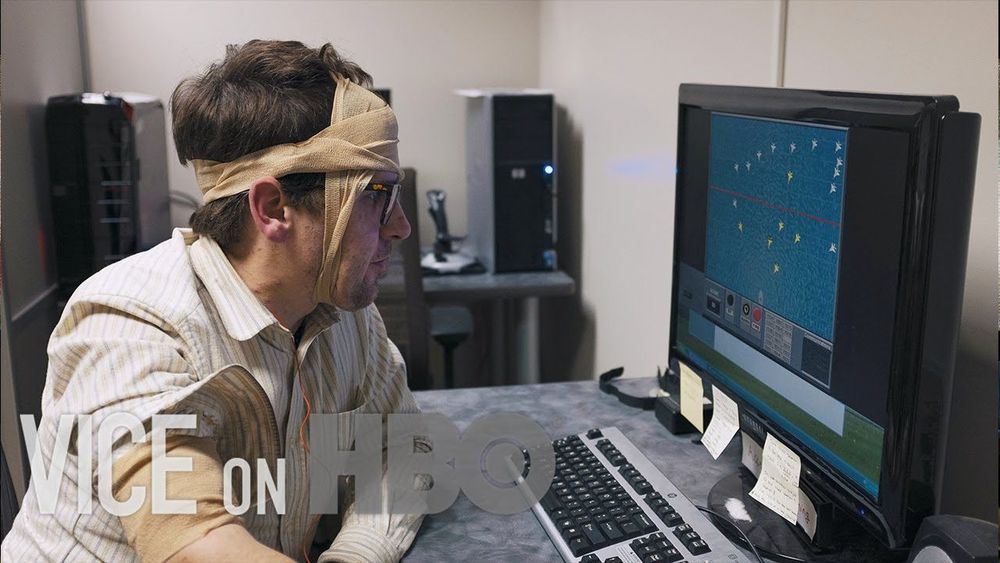
Advancements in neurotechnology are blurring the line between biology and technology. There is an emerging push to implant electronic devices inside the human body, hardwire them to our brains, and allow us to not only overcome disadvantages or injury but open up entirely new avenues of human experience.
VICE’s Thomas Morton got an inside look at what might be the next evolutionary step for humankind.
Continue reading “How To Hack A Human Brain | VICE on HBO” »
Jan 18, 2020
Not sure how old this video is
Posted by Dan Kummer in categories: cybercrime/malcode, information science, robotics/AI, virtual reality
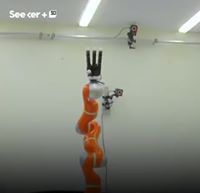
Not sure how old this video is. But, Very impressive if it is able to grab random objects at these speeds; although i suspect it needed a lot of training before.
This handy #roboticarm can be trained to catch practically anything. 🤖 💪
Looking for a job in AI & Machine Learning. Follow us for more updates or visit: https://aijobs.com/
Jan 18, 2020
Functional brain architecture is associated with the rate of tau accumulation in Alzheimer’s disease
Posted by Genevieve Klien in categories: biotech/medical, neuroscience
Tau accumulation is associated with disease progression in Alzheimer’s disease. Here the authors use resting state fMRI and tau-PET to demonstrate that baseline connectivity in Alzheimer’s disease is associated with tau spreading.
Jan 18, 2020
7 rules to reduce your risk of Alzheimer’s and keep your brain healthy
Posted by Genevieve Klien in categories: biotech/medical, neuroscience
This article is reprinted by permission from NextAvenue.org.
During the last Alzheimer’s disease support meeting I attended at my mother’s assisted living center, I sheepishly asked if anyone else was worried about their own risk for the disease.
A lot of hands went up.
Jan 18, 2020
The relationship between Biological and Artificial Intelligence
Posted by Genevieve Klien in categories: biological, neuroscience, robotics/AI
Claims of a relationship between AI and Neuroscience are more common than ever. They are often used to imply a higher chance of success for a technology. Are these claims true or just a hype?
Jan 18, 2020
How much maximum heat can your brain tolerate?
Posted by Paul Battista in category: neuroscience
Jan 18, 2020
Diabetic Smart Contact Lenses Developed by South Korean Research Team
Posted by Omuterema Akhahenda in categories: biotech/medical, computing
POHANG, South Korea, Jan. 15, 2020 — A research team from Pohang University of Science and Technology in South Korea (POSTECH) developed technology that allows diagnosis of diabetes and treatment of diabetic retinopathy by wearing smart light-emitting diode (LED) contact lenses.

